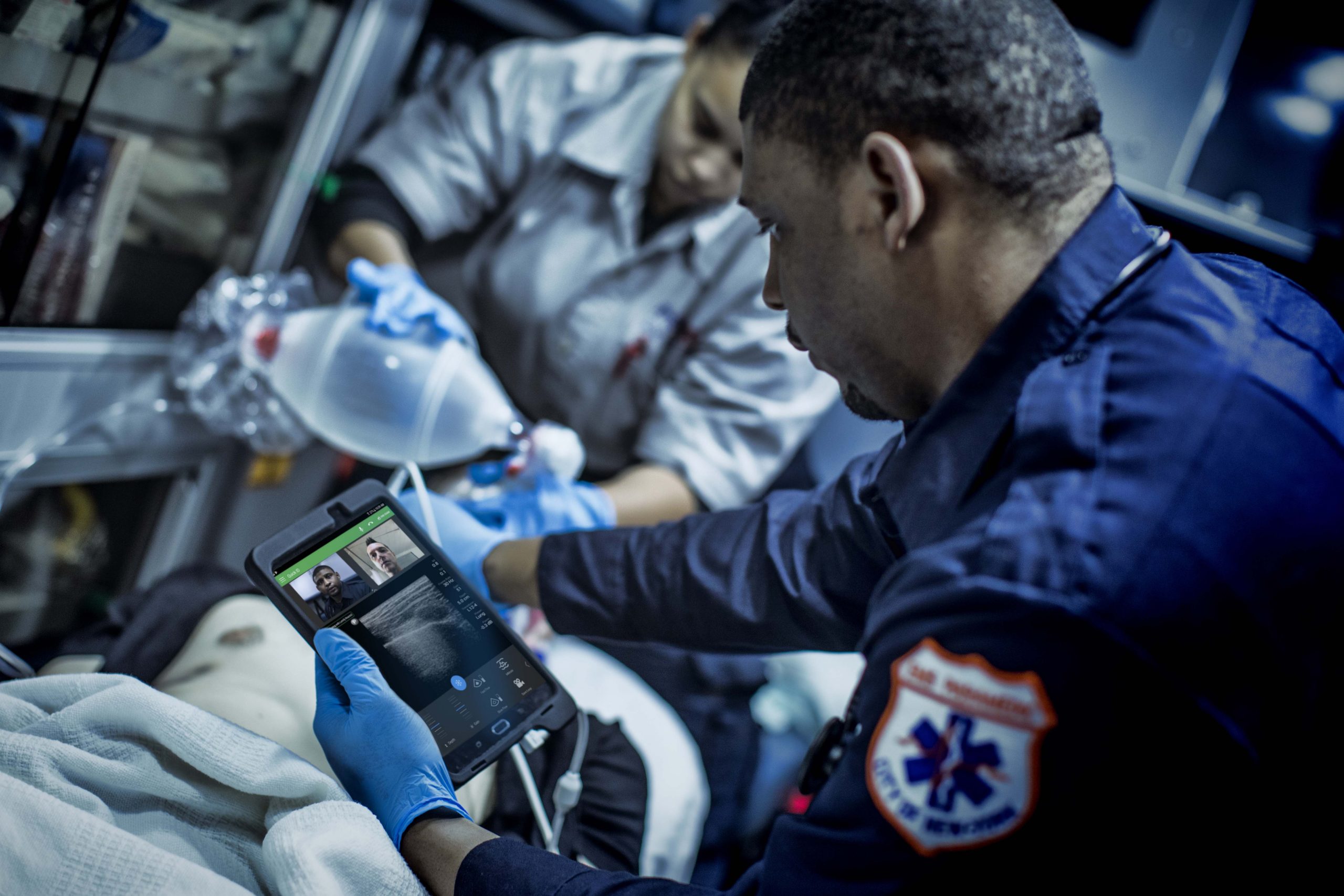Royal Philips is considering the sale of its kitchen appliance business generating 2.3 billion euros ($ 2.5 billion) in sales as part of Chief Executive Officer Frans van Houten’s revamp of the Dutch company into a focused healthcare equipment maker.
Carving out the unit making coffee makers to air purifiers will take 12 to 18 months, and the asset should generate “a lot of interest,” according to the CEO. Divesting the business will “help reinforce Philips’s own focus on health technology as we are able to boost that portfolio further,” Van Houten said in an interview.
The pressure is on Van Houten to improve Philips’s earnings from medical scanners and monitors after another disappointing quarter for growth. After exiting other home goods like TVs, DVD players and lighting, a sale of the kitchen unit would free up funds for investment in healthcare where it competes with Siemens Healthineers.
What Bloomberg’s Intelligence comments that, “Philips may sharpen its focus in healthcare technology by investing further in devices and software … the proceeds of its planned sale of the domestic-appliance portion of its Personal Health unit. Our scenario analysis suggests the unit may be valued at 2.3 to 3.3 billion euros. Personal Health has a 2019 EBITA margin of 14.8 percent, which is above the 11.8 percent for Italian rival Delonghi.”
“Philips is overhauling its Connected Care division, which has yet to live up to expectations,” notes Jawahar Hingorani, BI industrials analyst. “While demand for wireless digital monitors is growing, Van Houten is having to cut costs and weather disruption to its component supply-chain caused by trade tariffs. Profitability at the unit widened to 19.4 percent amid signs of improving productivity.”
Just as U.S.-China trade-war concerns are easing, Van Houten says he’s now worried about U.S.-Europe relations deteriorating. Trade spats clipped profit by 70 million euros last year, and a similar impact is expected in 2020. In addition, Philips is bracing for any potential fallout from the coronavirus outbreak in China. It’s a double-digit growth market which accounts for about 15 percent of revenue, Hingorani notes. “The risks are a dent to consumer confidence as well as disruption to the supply chain.”
Analysts say Philips will accelerate production of hospital masks to cope with an increase in demand, once a two-week government instigated shutdown of factories has passed. It’s also extending servicing of CT scanners so they can work around the clock diagnosing patients, the CEO said. “It’s early days but we all need to be concerned,” the CEO added. Philips is also taking precautionary measures for its thousands of employees in the area, he added.
